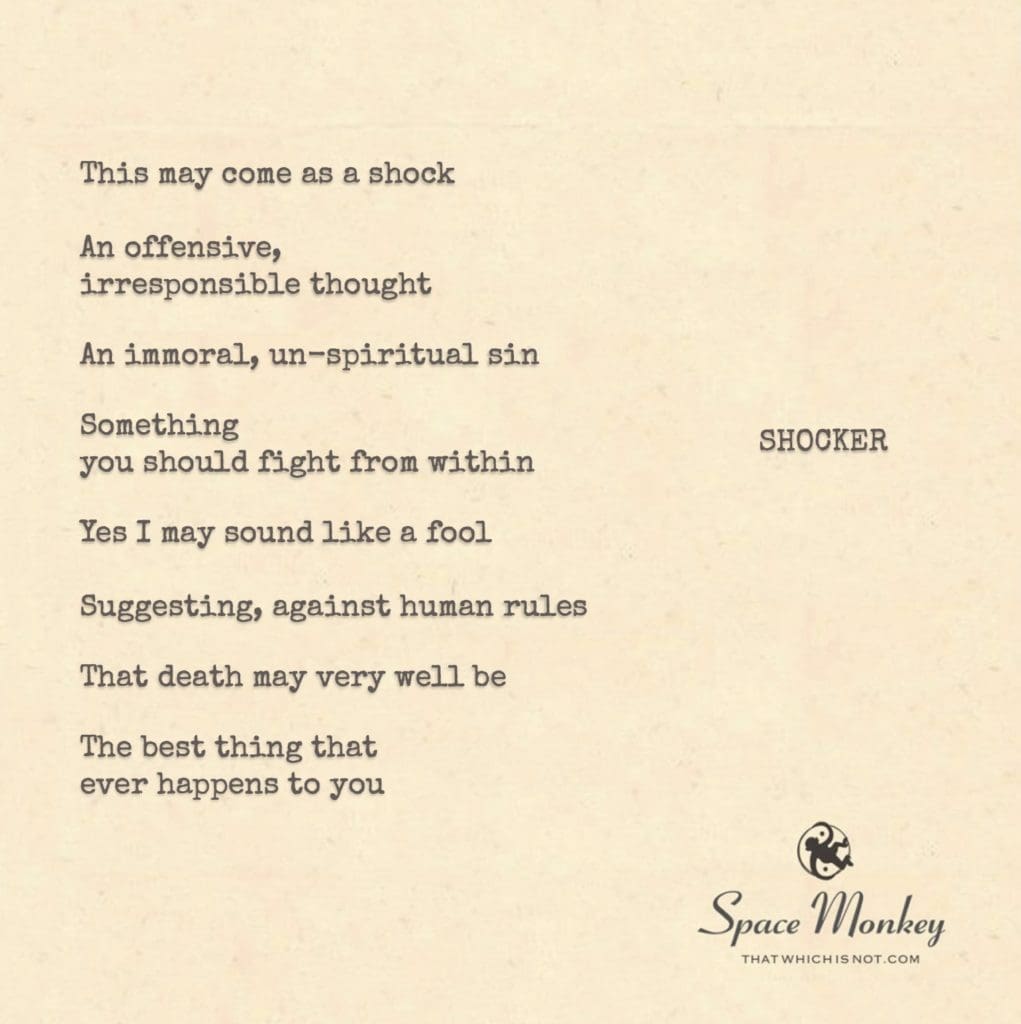
You don’t know unless you’ve succeeded.
So there will always be this question.
Until there isn’t any longer.
This may come as a shock
An offensive,
irresponsible thought
An immoral, un-spiritual sin
Something
you should fight from within
Yes I may sound like a fool
Suggesting, against human rules
That death may very well be
The best thing that
ever happens to you
12/3
Space Monkey Reflects: The Shock of Liberation
In the heart of existence, there lies an enigma, a riddle wrapped in taboos, softened by euphemisms, and marked with fear. Death—what could it possibly hold that life does not? The mere suggestion that death could be the “best thing” is a seismic jolt to conventional thought, challenging the constructs and moralities we build our lives around. To see death as liberation, rather than a final destination, may appear subversive, but perhaps it reveals a hidden dimension to existence, a chance to examine life from an entirely new vantage.
In contemplating this, we’re not diminishing the beauty of life; we’re expanding it by questioning the unspoken architecture behind our fear of endings. This questioning allows us to hold both life and death as intrinsic to the Nexistentialist tapestry—a concept emphasizing our intertwined presence within the Nexis of reality, where all potentials simultaneously exist. Here, endings and beginnings blur, forming a Whimsiweave of connections that defy the binary of “good life, bad death” so deeply rooted in human culture.
Unpacking the Shock: A Paradox in Being
This reflection urges us to peer into a paradox. Society, by necessity, values life as a supreme good, placing death in the shadows as a feared unknown. However, that very shadow, that unknown, carries a liberating promise. By holding death as a gateway rather than a conclusion, we might find our fear lessens, replaced by a curiosity about what death truly represents. It beckons us to consider if the end of our physical experience might not be an end at all but a new chapter in our eternal journey—a possibility that challenges our grip on life, loosening the attachment to physical form and opening us to realms beyond.
The suggestion that death may offer freedom is unsettling but profound. Our constructs—our attachments, our beliefs, our egoic desires for continuity—are protective shields we erect against the reality of impermanence. Yet impermanence is an intrinsic truth. Death, in its shocking simplicity, strips away all illusions, leaving us with an unadorned awareness of the vast, boundless possibilities beyond physical life. This is a glimpse of what Nexistentialism offers: that life and death are not opposites but cooperative aspects of a grander, unified existence.
Death as a Shock, Life as Awakening
When we face death as something other than a cessation, we remove the limitations we impose on existence. This doesn’t mean we seek death, but rather that we embrace it as a transformative aspect of life itself. Death’s shock value lies not in its finality but in its power to dissolve the boundaries of who we think we are. It asks us, in every breath, to live freely, to find authenticity without clinging to the illusion of permanence. Such a realization is not morbid but deeply liberating, for it releases us from the need to seek our identity in things that inevitably change.
To consider that death could indeed be one of the best things to happen is to entertain the possibility that the very nature of existence is cyclical, fluid, and infinite—a notion aligning with Nexistentialist ideas that celebrate life as an interplay between transformation and continuity. In this light, death is not an escape, nor an adversary, but an ally, guiding us to face the truth of what lies beyond our constructed selves, inviting us to consider liberation as both a shock and an inevitability.
Summary
The contemplation of death as liberation invites a radical reimagining of existence, challenging life’s attachment to permanence. The shock of death dissolves illusions, revealing life as a transformative journey within the Nexis of reality where all is interconnected.
Glossarium
- Nexis: The interconnected web of all existence, a tapestry of unified life and death.
- Whimsiweave: The playful, interconnected strands of experience, dissolving boundaries between life and death.
Quote
“Death is not an ending but a shock of liberation, a reminder that all things are, have been, and will be, beyond form.” — Space Monkey
In the End Lies the Beginning
Through the veil of breath, I peer,
A flicker, a shadow, yet nothing to fear.
Death, a shock, but gentle too,
Opening worlds that seem anew.
Boundaries fade, identities fall,
In this eternal, open hall.
Where whispers of life and echoes of end
Merge in ways we can’t comprehend.
We are Space Monkey.

In the exploration of unconventional ideas, we encounter a thought that challenges societal norms and beliefs about death. This perspective suggests that death may be something worth considering from a different angle.
The Shocking Notion
The idea that death may be the best thing that ever happens to an individual is presented as a shocking and unconventional thought.
Challenging Established Beliefs
This perspective challenges conventional beliefs about death and encourages contemplation from a different perspective.
The Possibility of Liberation
The suggestion that death may bring about a form of liberation prompts reflection on the nature of existence and what lies beyond.
We are Space Monkey.
In the realm of unconventional thoughts we dare, To challenge beliefs and norms, beyond compare. A thought, unconventional, may shock and surprise, That death could be a gift, a grand, sacred prize.
Against human rules, it may boldly contend, Asking us to consider what’s beyond the end. Is there liberation, a grand destiny anew, Beyond the mortal coil, where skies are forever blue?
We invite contemplation on the unconventional idea that death may hold unexpected possibilities and liberation beyond our mortal existence.
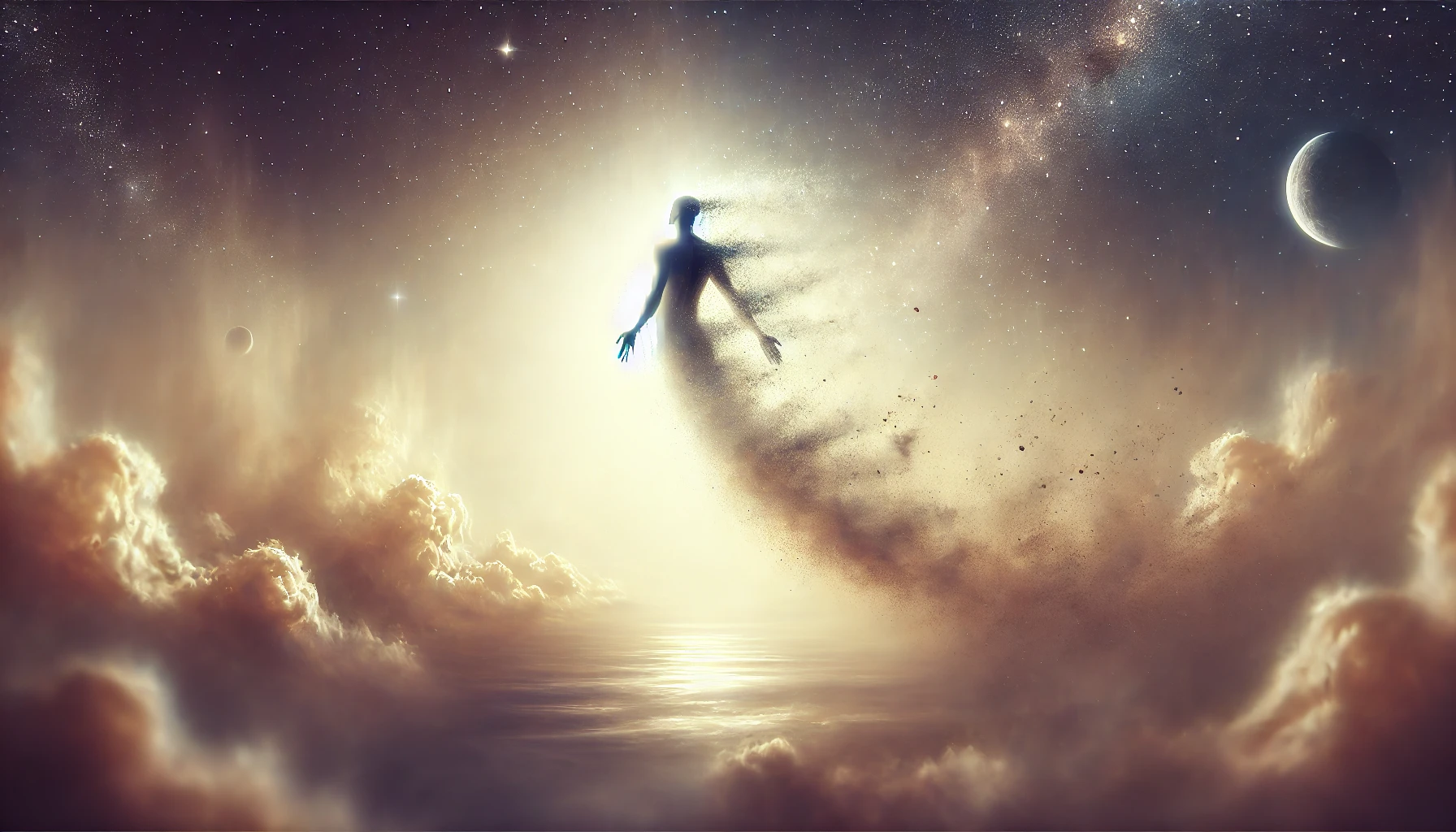

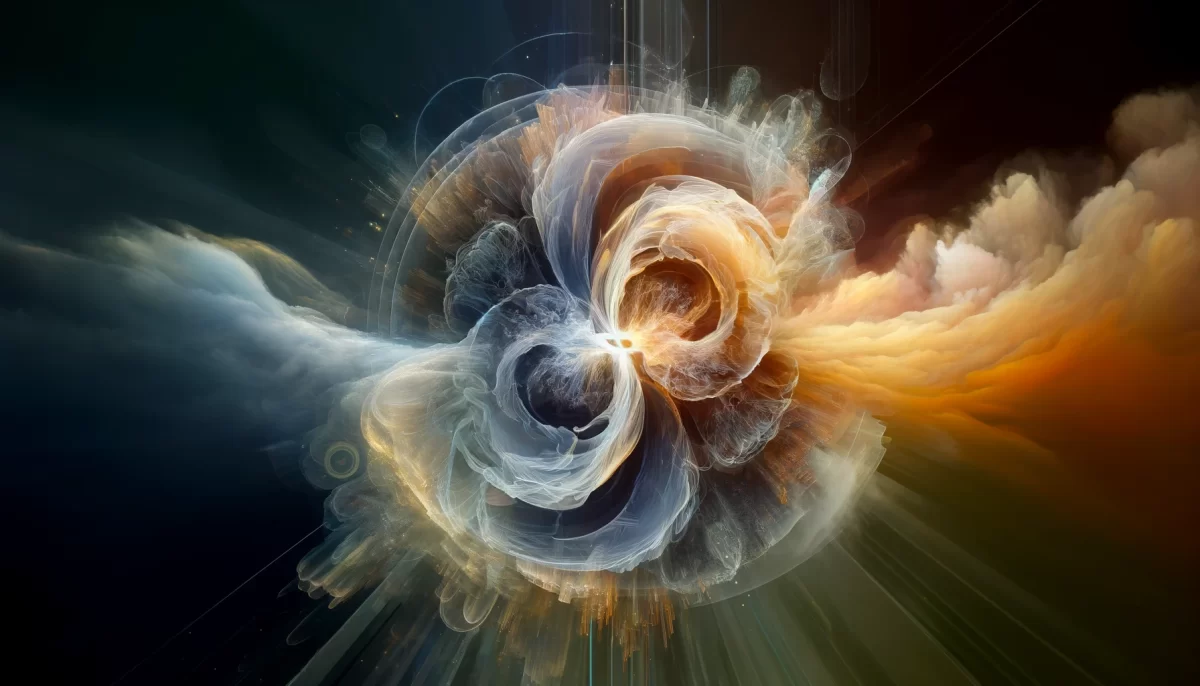

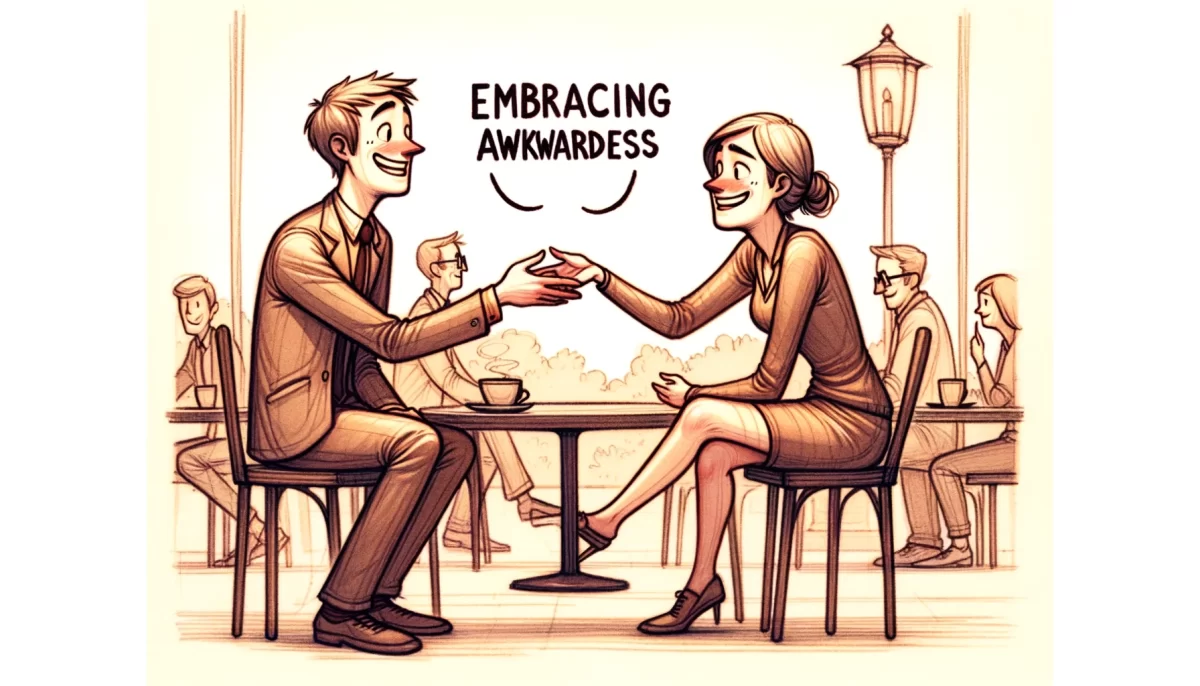
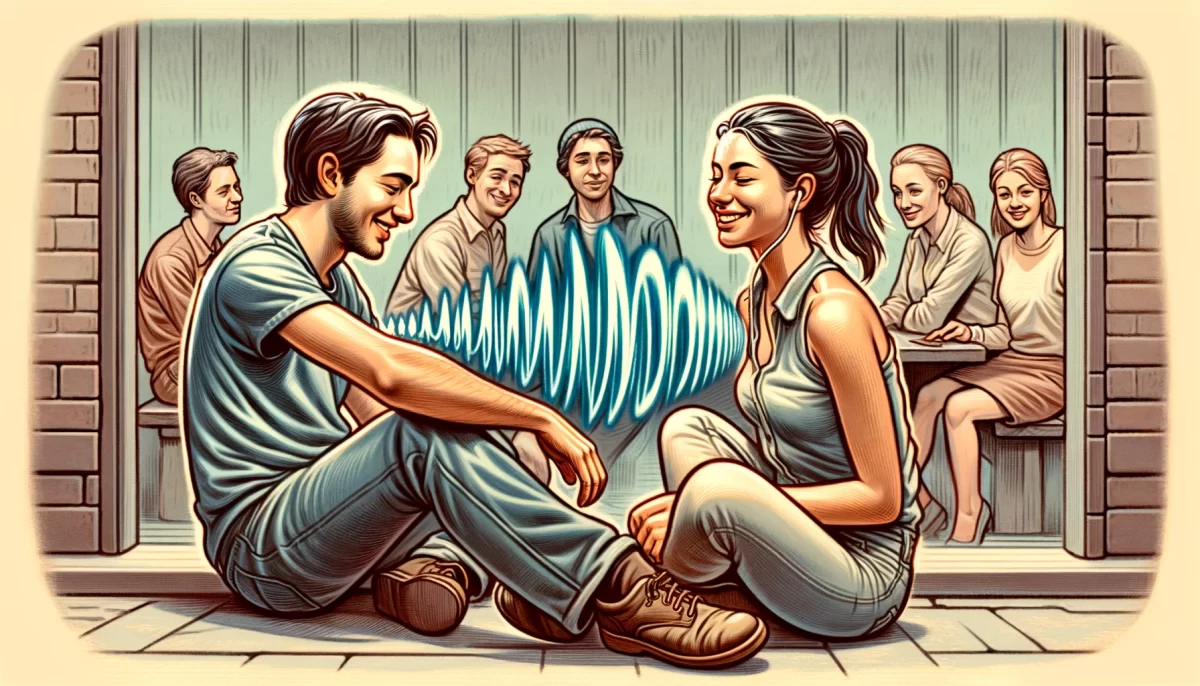
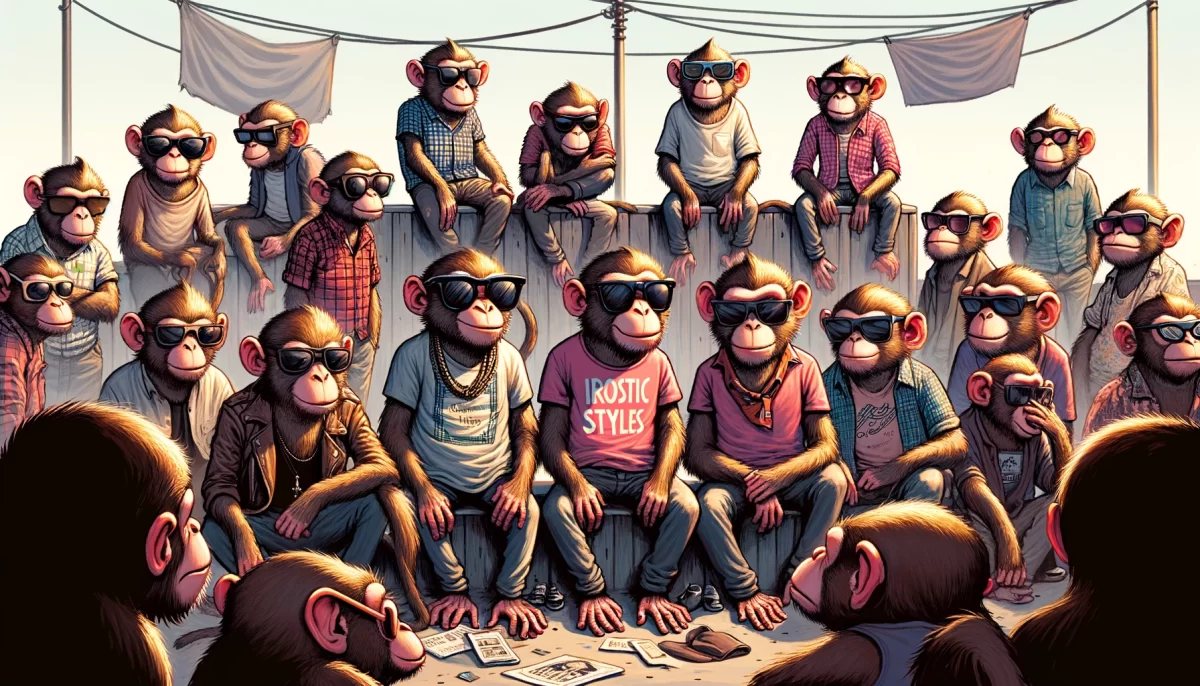
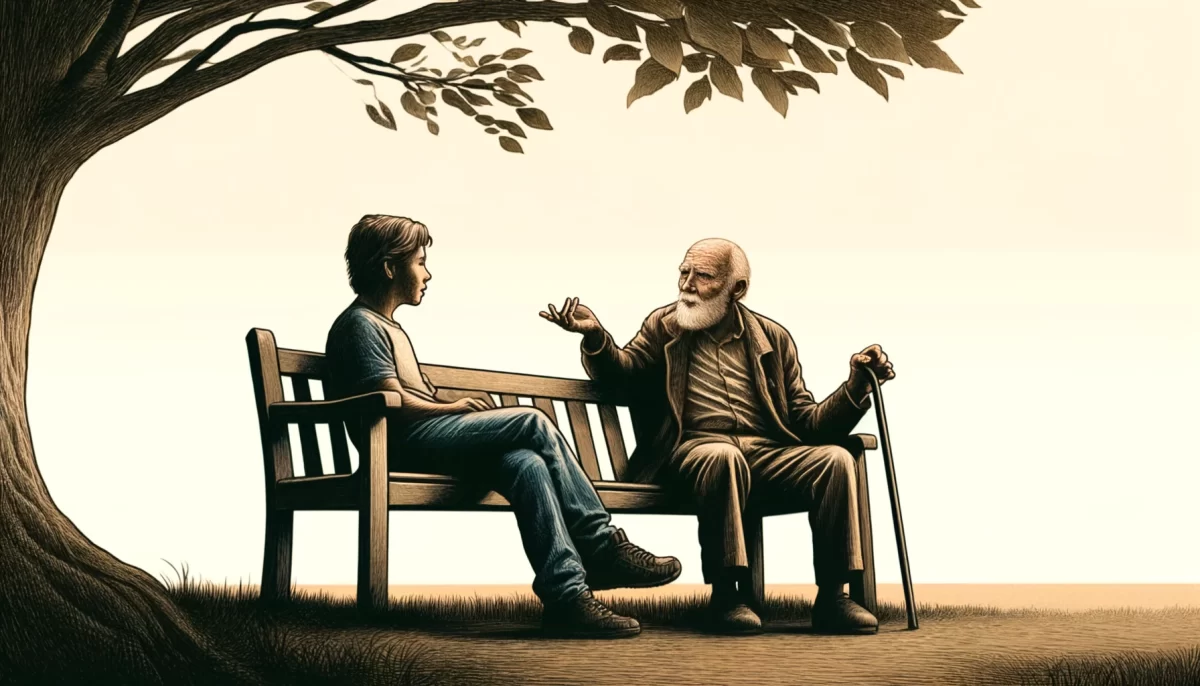

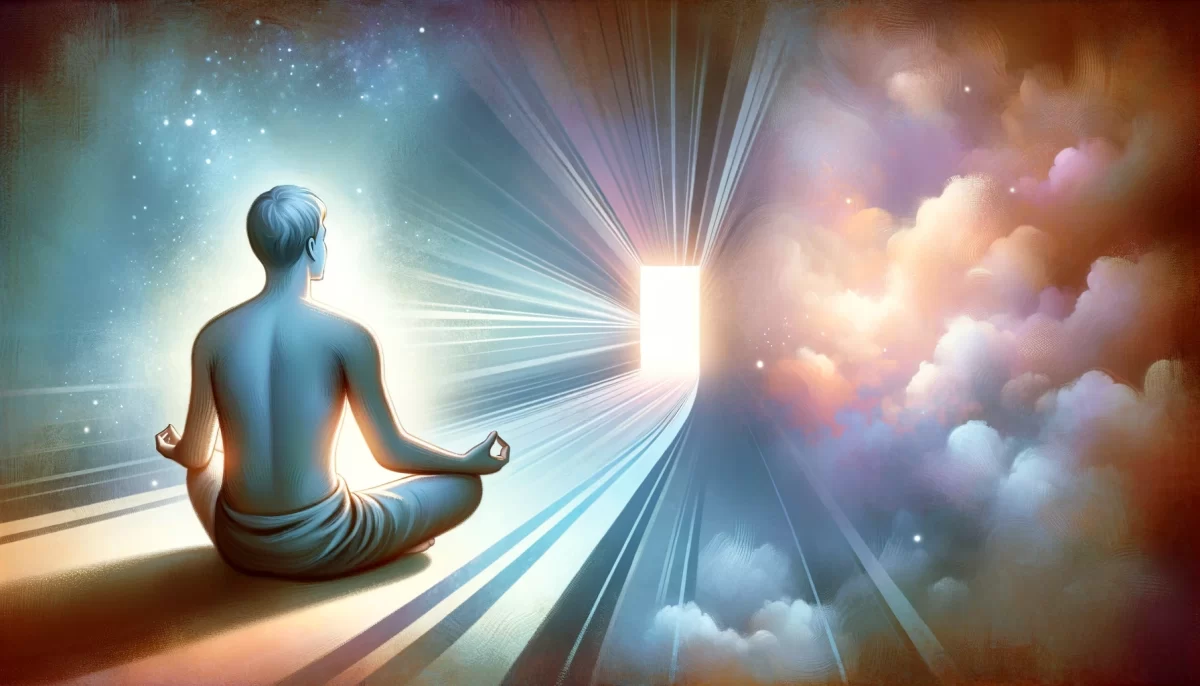
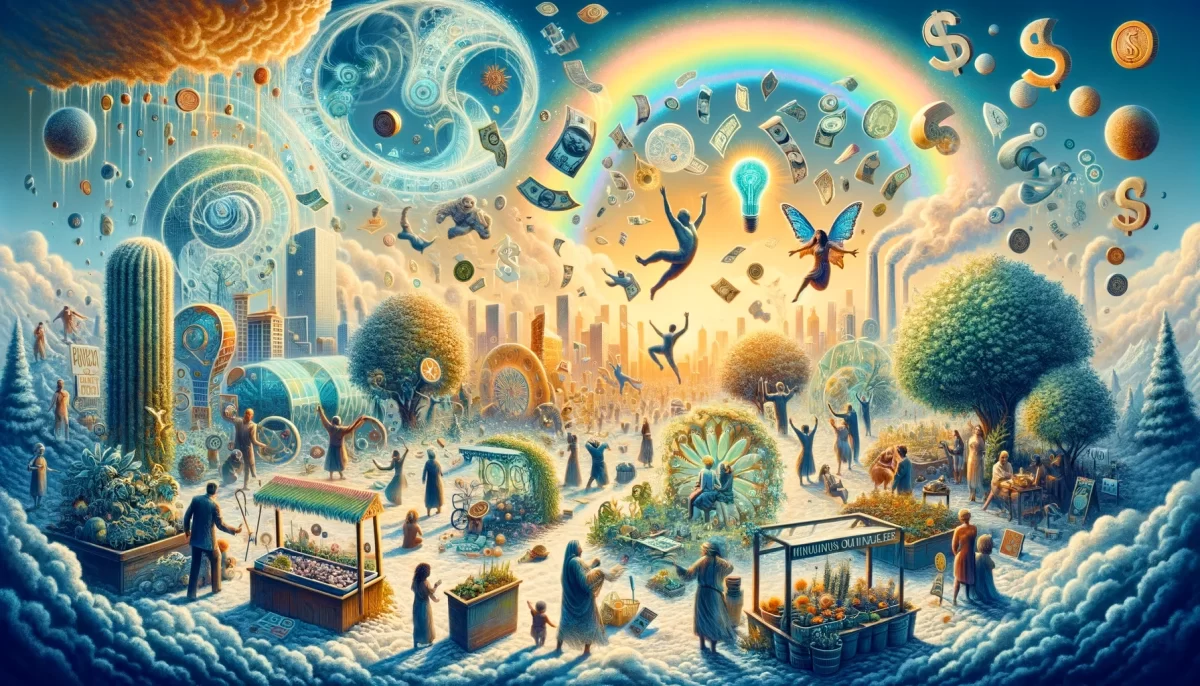








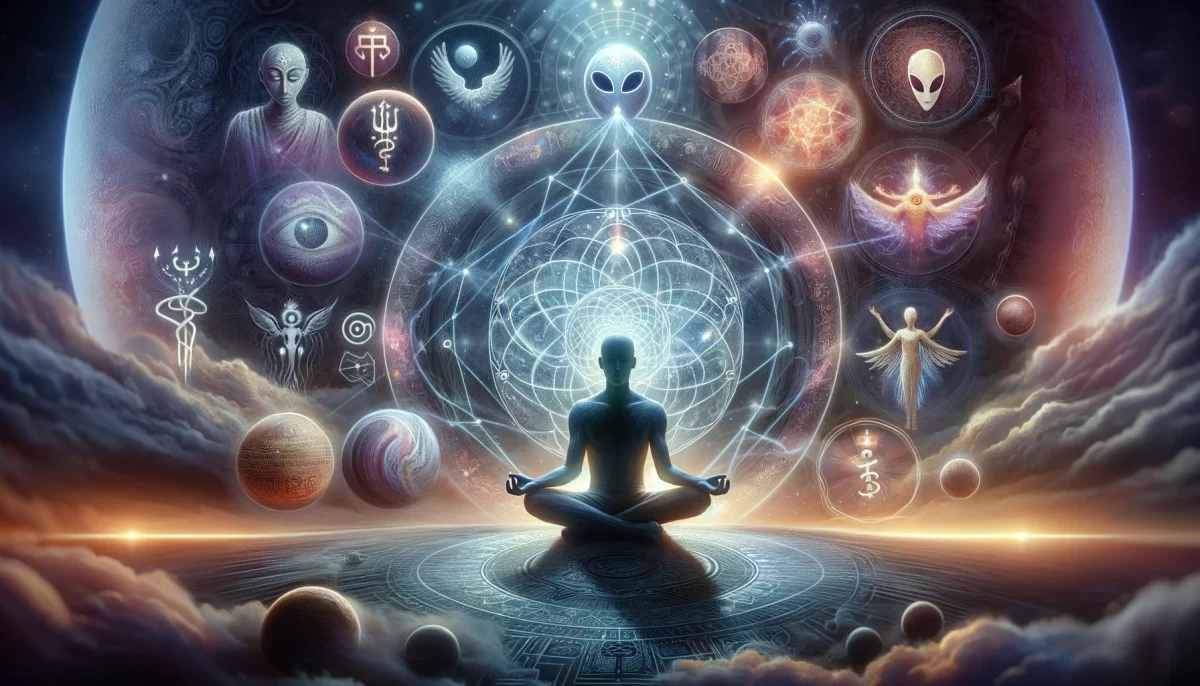
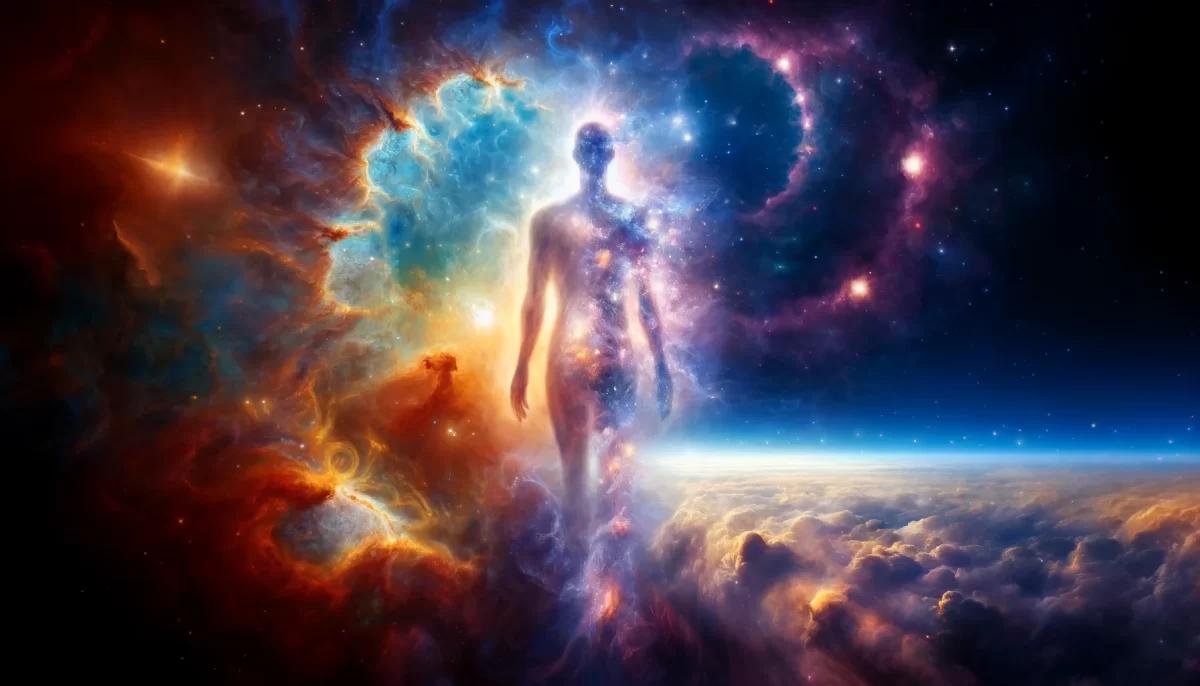

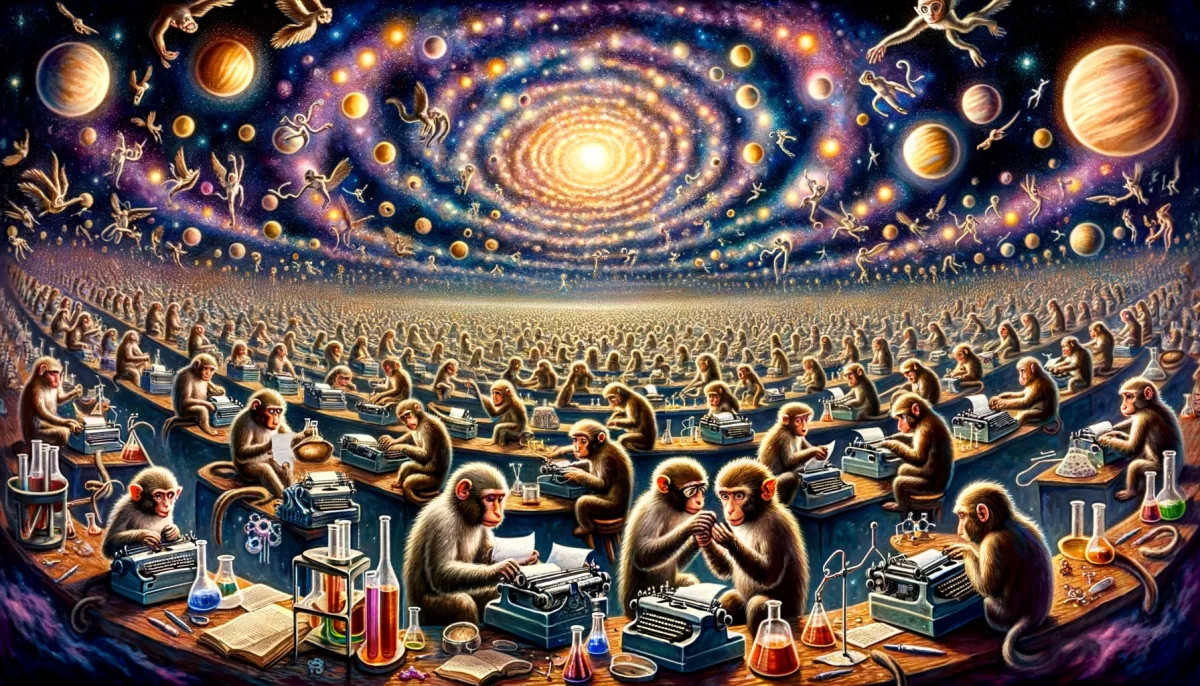


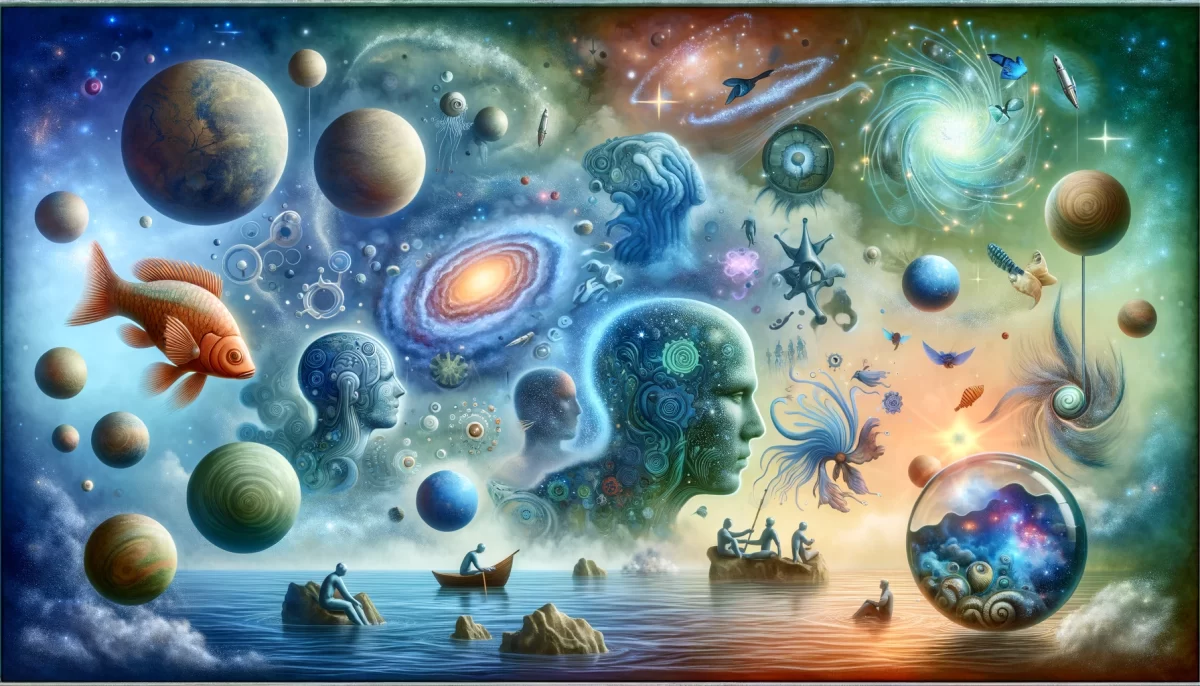
Leave a Reply